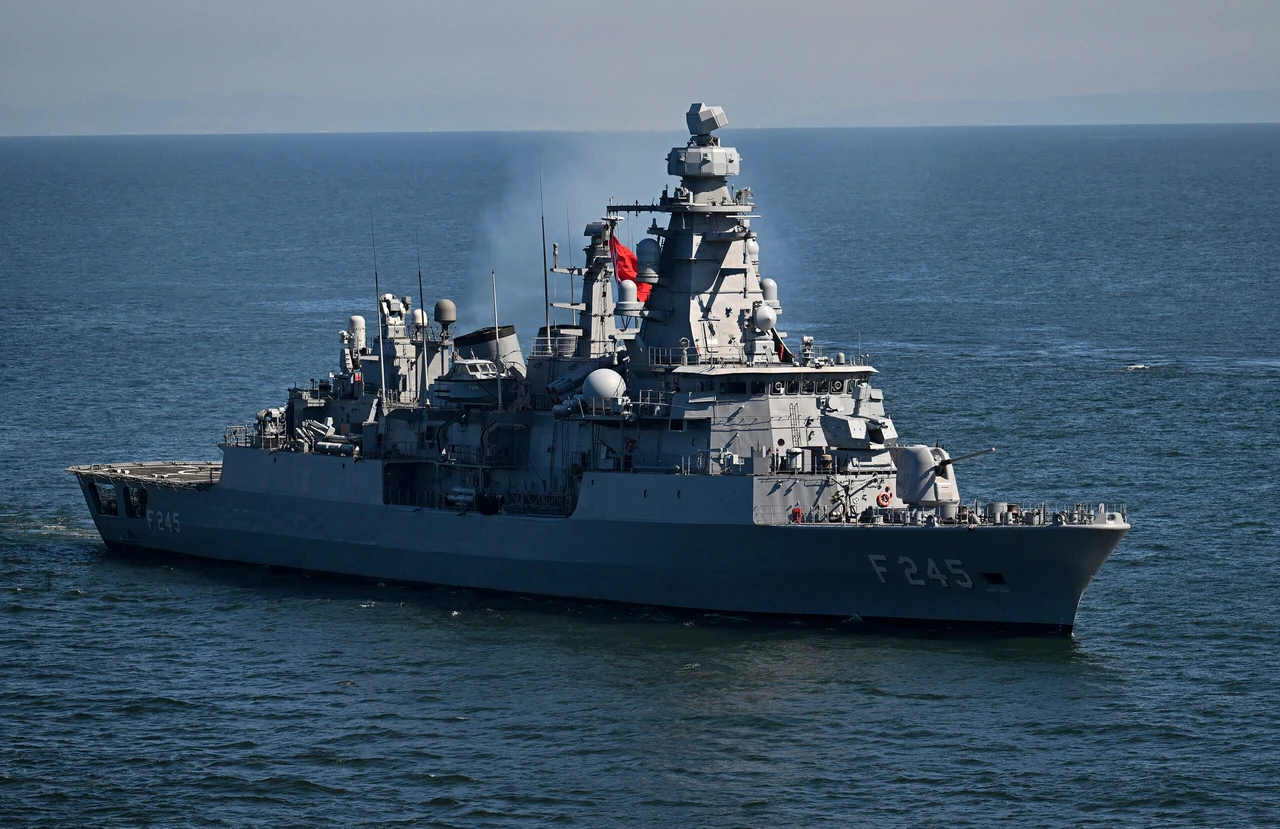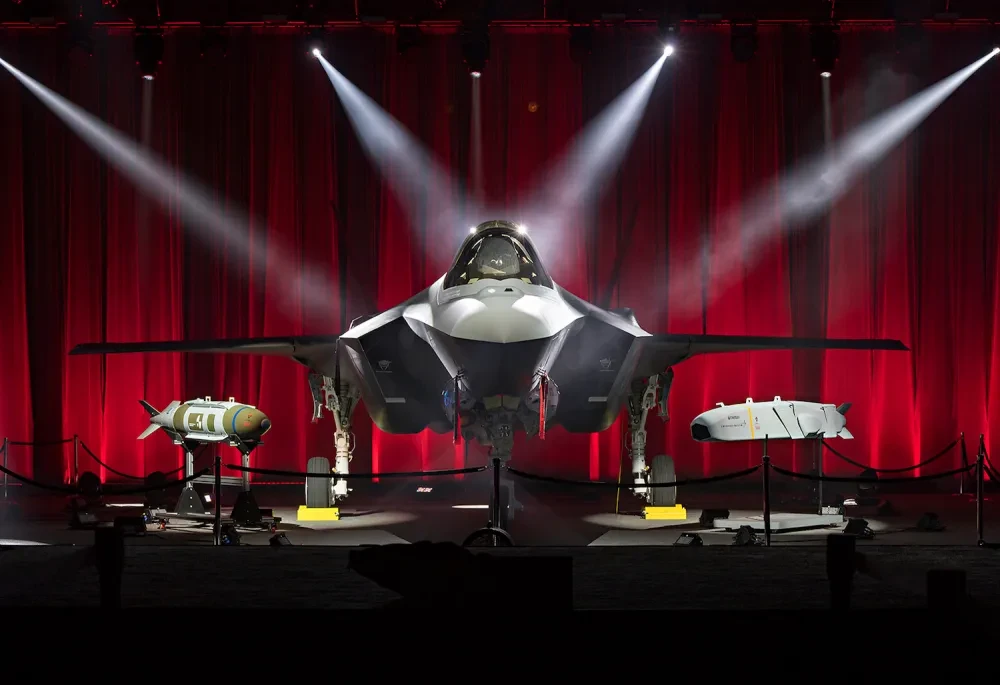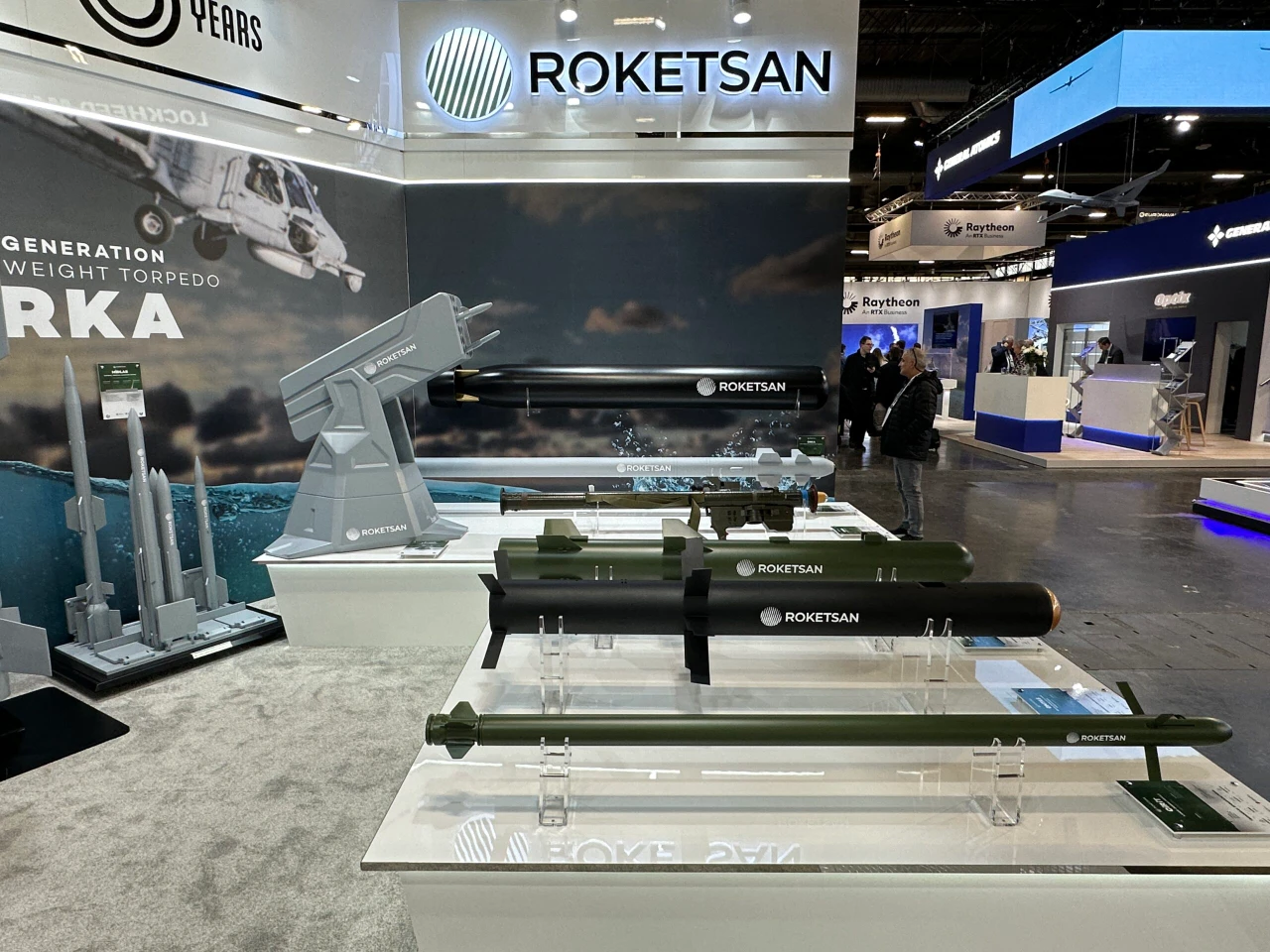NATO warns of Russia’s hybrid warfare against members states

NATO says it is concerned about Russia’s regular and deep hybrid wars that threaten the security of its European allies
NATO voiced concern over Russia’s hybrid activity on its territory and believes it poses a threat to its allies’ security.
On Thursday, NATO announced that it had launched investigations into hostile state activities affecting Czechia, Estonia, Germany, Latvia, Lithuania, Poland, and the United Kingdom. These investigations have resulted in formal charges against several people.
NATO’s characterization of hybrid activities in these countries includes acts of sabotage, violence, cyber and electronic interference and disinformation campaigns.
Despite the lack of an accepted definition, most people understand “hybrid warfare” to refer to subversive activities outside the military’s jurisdiction, carried out in an opaque manner, and that refuse to acknowledge responsibility for their actions, though not all of them do.
When considering Russia’s past actions, it is justifiable to broaden the definition to include the reported instances of the Russian military providing rewards to Taliban-affiliated militias for attacking coalition forces in Afghanistan, as well as the secretive takeover of Crimea in 2014 by Russian forces without official identification.
In light of Russia’s previous actions, it is reasonable to expand the definition to include the purported cases in which the Russian military paid off militias with ties to the Taliban for attacking coalition forces in Afghanistan, as well as the covert occupation of Crimea by Russian forces in 2014 without obtaining official identification.
Russia’s military intelligence agency, the GRU, is known to regularly use Sandworm hackers and the Wagner mercenary group as tools in hybrid warfare.
Source: Newsroom



